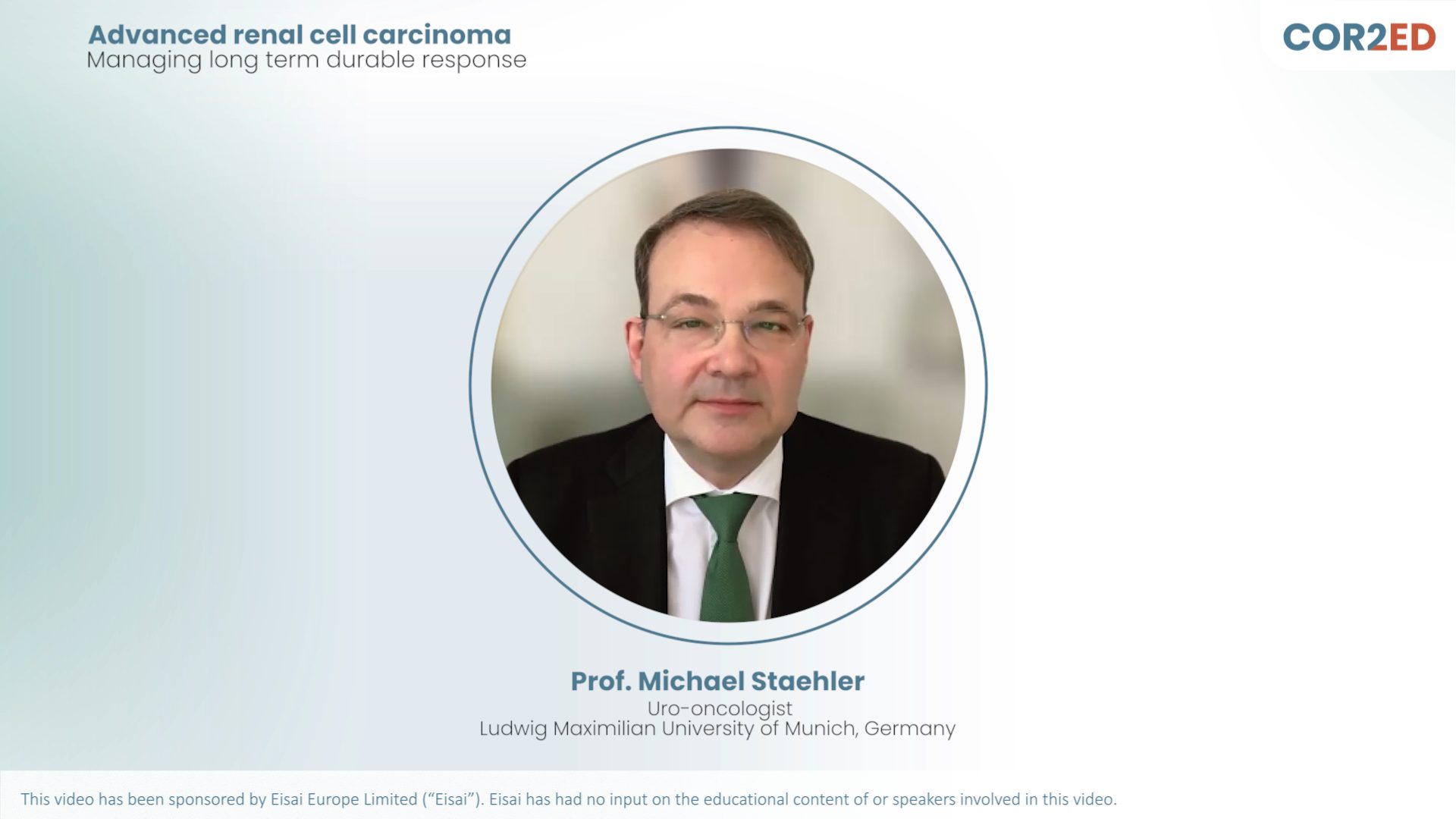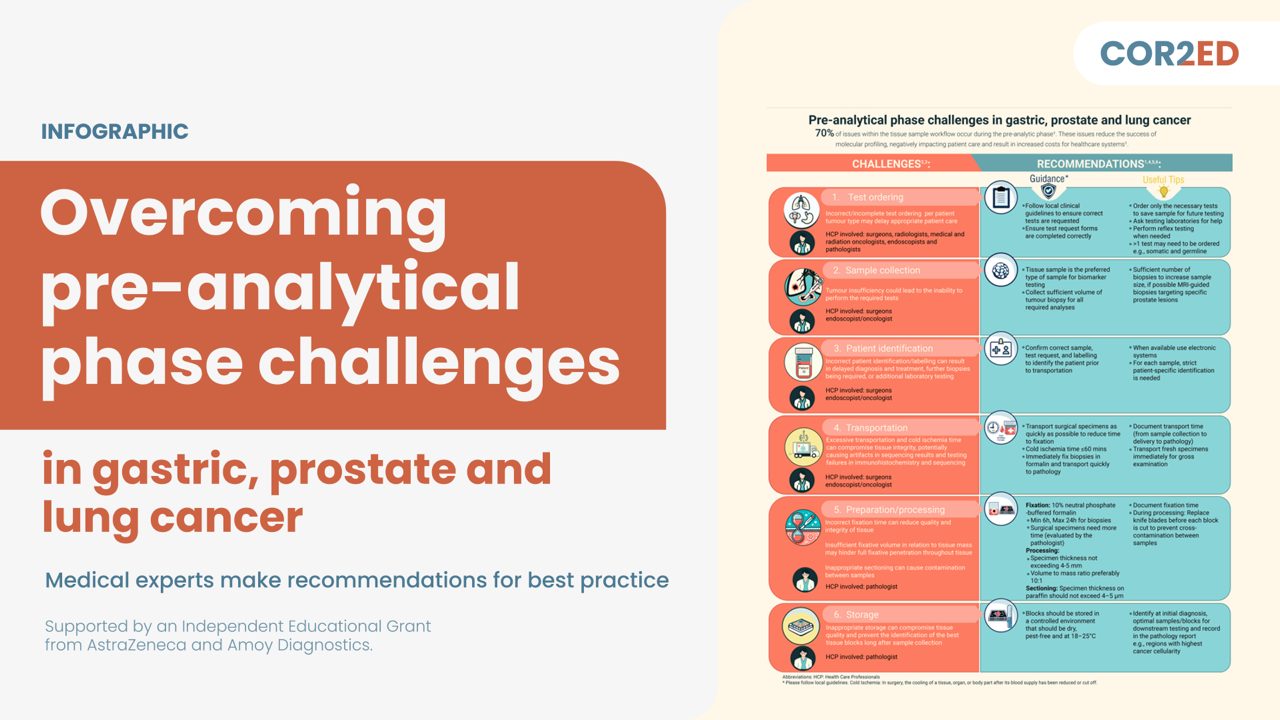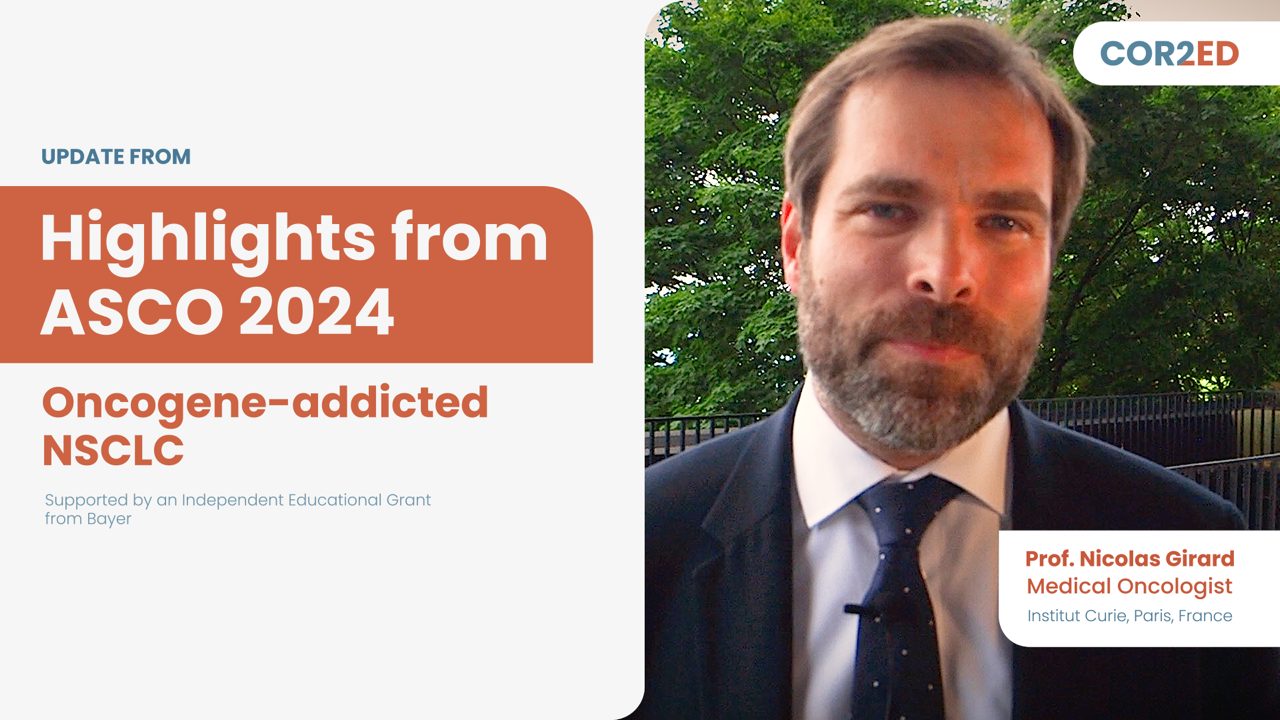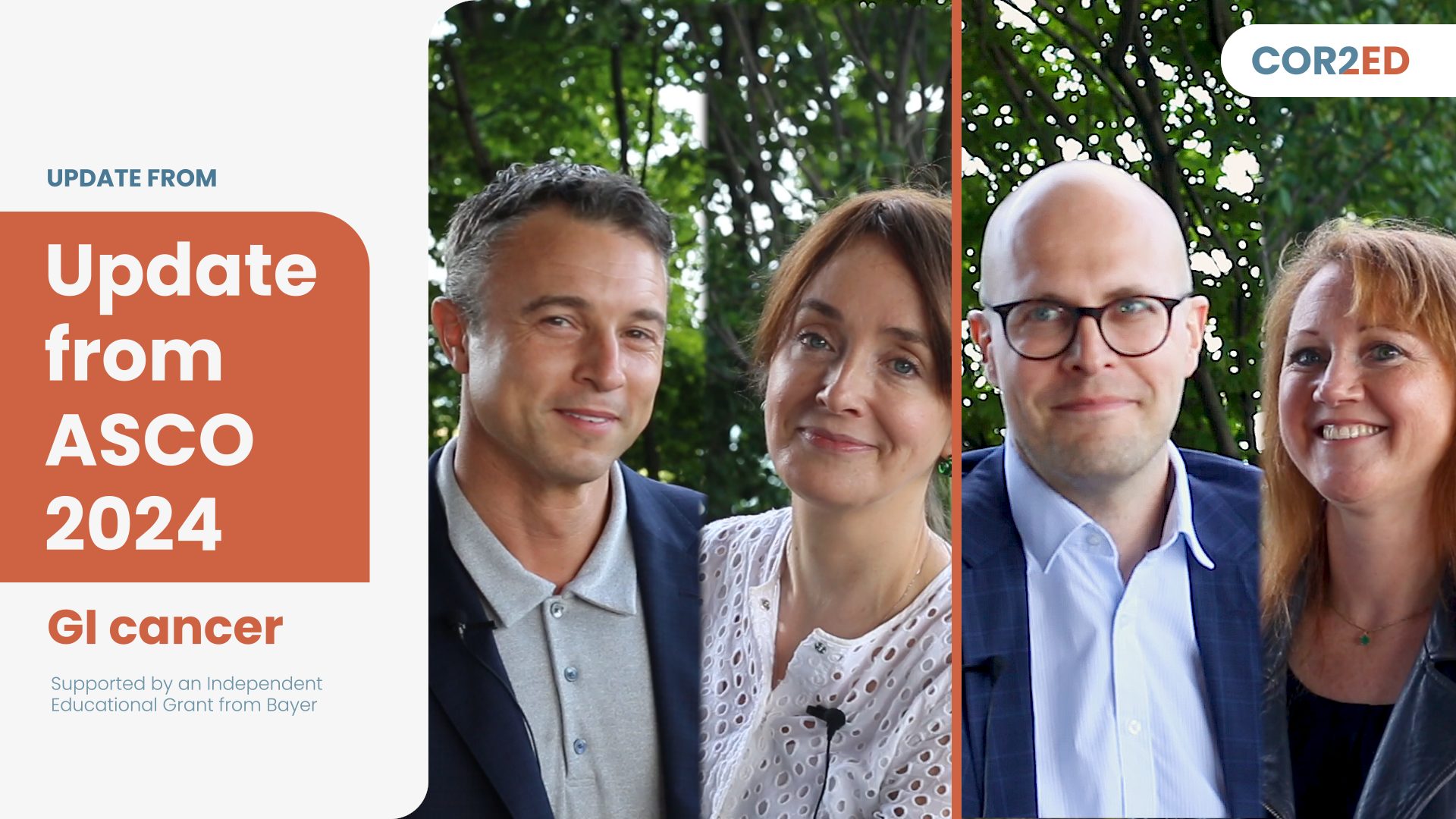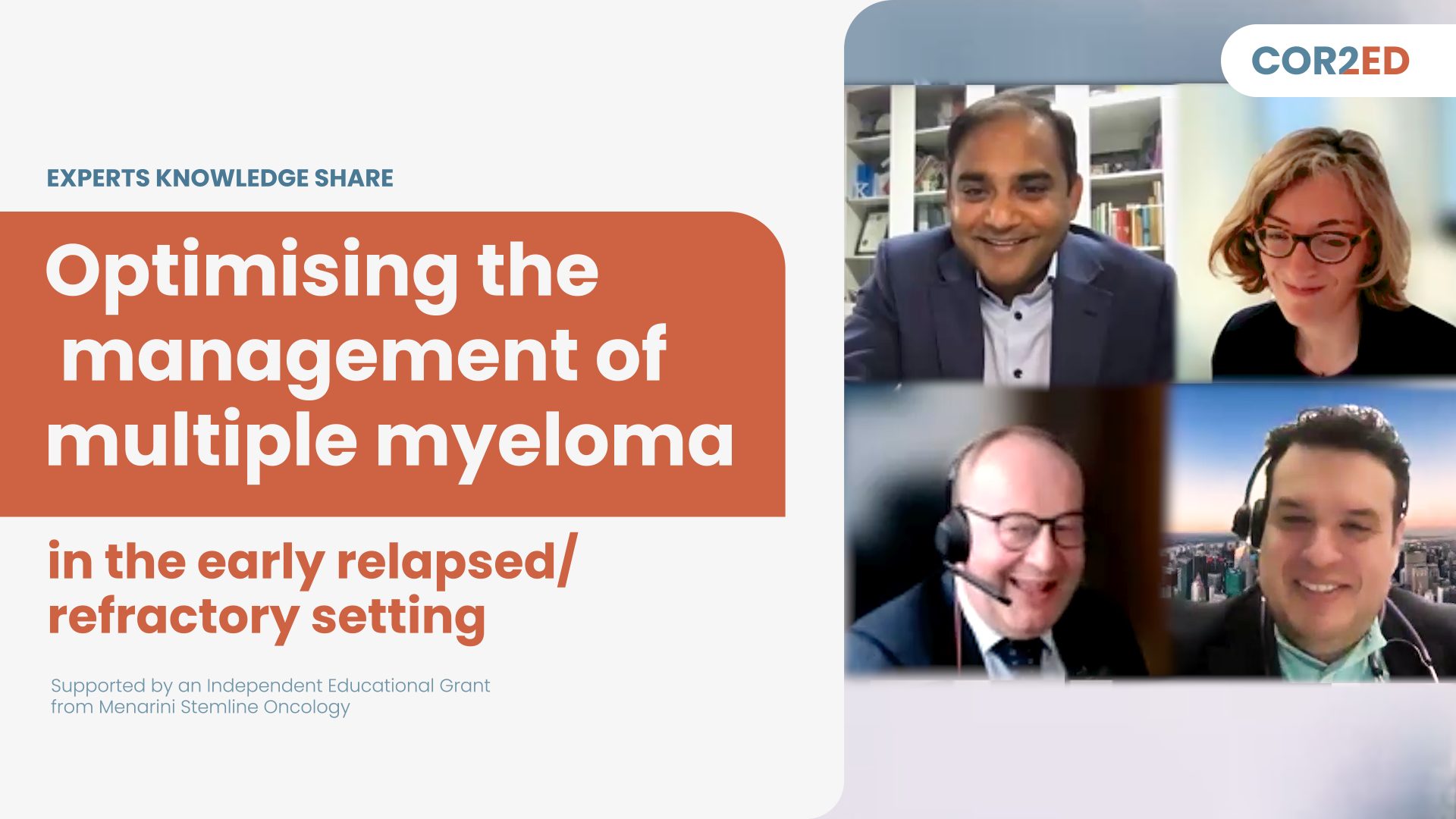GI CONNECT expert Prof. Gerald Prager shares an update on what HCPs must consider to achieve a long-term response in advanced colorectal cancer (CRC). Watch the video and download the accompanying slides to understand:
-
How to view CRC treatment as a continuum of care
-
What to consider when making treatment decisions
-
Which treatment options are available for CRC patients, 3rd line and beyond
After completing this programme, deepen your understanding of this topic with the interactive patient case study Long-term Management of Advanced CRC from Prof. Gerald Prager and Prof. Joleen Hubbard.
Clinical Takeaways
-
Treatment of advanced colorectal cancer (CRC) should be considered as a continuum of care, and patients should be offered as many life-prolonging therapies as possible
-
Decision-making at each stage of therapy should consider patients' suitability and tolerability, tumour biomarkers and prior exposure to chemotherapies and/or targeted agents
-
There are a number of treatment options for CRC patients 3rd line and beyond that should be considered, such as regorafenib, trifluridine/tipiracil as well as consideration of clinical trials and rechallenge with chemotherapy or anti-EGFR



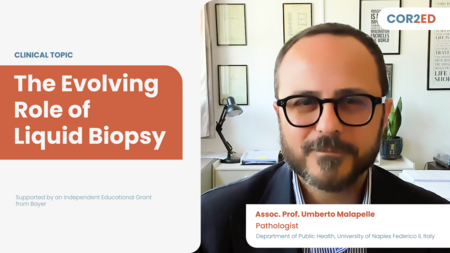
 Downloadable
Downloadable  5 MIN
5 MIN
 Jul 2024
Jul 2024 